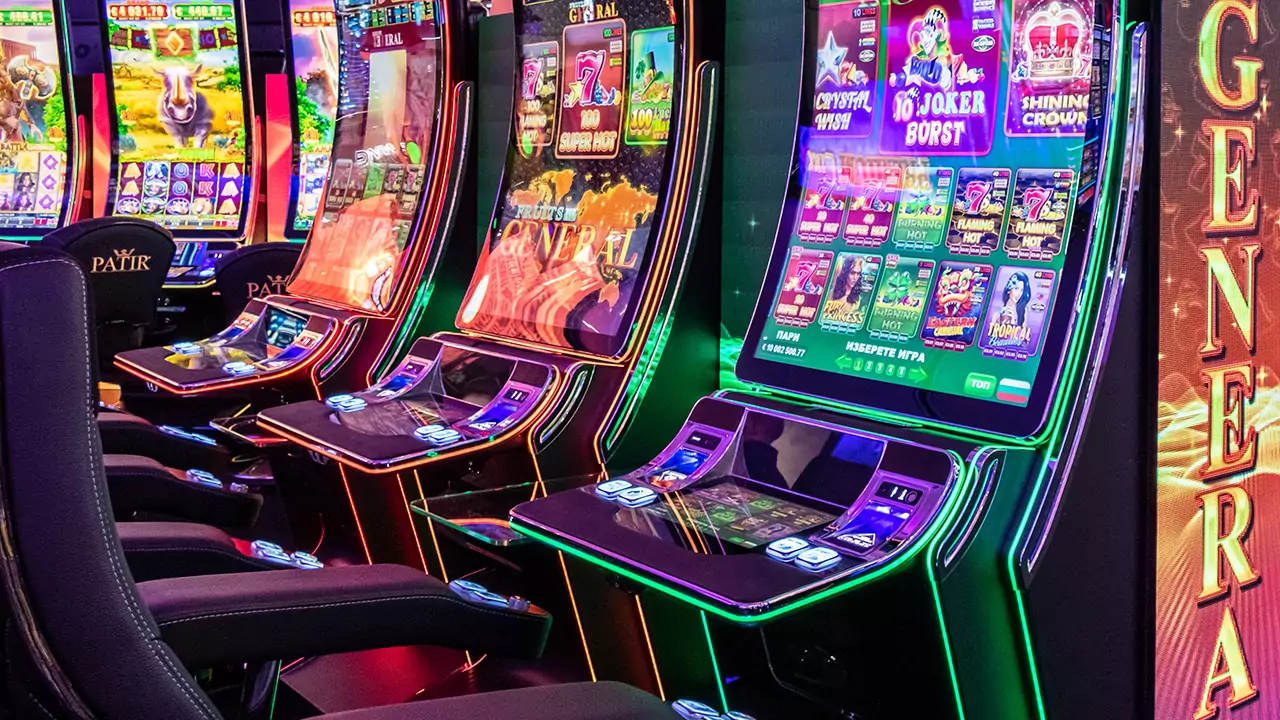Introduction
Casinos have extended captivated people with their blend of excitement, strategy, and the possibility of significant rewards. From old civilizations to the lively electronic programs of today, the progress of casinos shows broader societal changes in technology, tradition, and economy. This short article explores the wealthy history of casinos, their impact on society, and the inventions surrounding their future.
A Historical Perspective
Historical Beginnings
The concept of gambling and games of opportunity is as previous as human society itself. The first files of gambling day back once again to old China, wherever standard types of lottery games were played about 2300 BCE. Equally, old Egyptians and Greeks engaged in dice games and other kinds of betting. These early types of gambling were usually associated with religious rituals or used as a method of divination.
The Beginning of Contemporary Casinos
The word “casino” comes from the French expression “casa,” meaning house. In the 17th century, Italy found the emergence of establishments called “casini,” wherever people collected for social functions, Kakap69 including gambling. The Ridotto in Venice, established in 1638, is considered the initial formal government-sanctioned gambling house. This model shortly distribute across Europe, with notable examples like the Casino delaware Monte-Carlo in Monaco, which opened in 1863 and stays one of the very popular gambling spots in the world.
The Rise of Las Vegas
The Gaming Capital
No debate of casinos is total without mentioning Las Vegas. The city’s transformation started in early 20th century when Nevada legalized gambling in 1931. The next structure of lavish casinos along the Las Vegas Reel, including the Flamingo, the Sands, and the Bellagio, made the city in to an international amusement hub. Las Vegas’s achievement was developed on its ability to attract guests with not only gambling but additionally lavish accommodations, top-tier amusement, and fine dining.
The Impact of Casinos
Financial Contributions
Casinos have experienced an important financial impact on the parts wherever they operate. They make significant revenue through taxes, create careers, and contribute to the area economy through tourism. As an example, in Nevada, the gaming business records for a large portion of the state’s revenue and employment.
Social Factors
While casinos bring financial advantages, in addition they increase social concerns. Issue gambling and habit are significant problems that affect people and families. Many jurisdictions have applied actions to advertise responsible gambling, such as for instance self-exclusion applications, gambling helplines, and strict marketing regulations.
The Digital Revolution
On the web Casinos
The advent of the internet brought a new period for the gambling industry. On the web casinos appeared in the mid-1990s, providing players with the capability of gambling from their homes. These programs offer a wide selection of games, from virtual position devices to reside seller tables. Improvements in technology, such as for instance protected cost methods and portable apps, have further enhanced the popularity of on the web casinos.
Electronic Reality and Beyond
Trying to the future, virtual fact (VR) and augmented fact (AR) are collection to revolutionize the casino experience. VR casinos goal to reproduce the immersive setting of bodily casinos, enabling players to interact with one another and the overall game in a 3D space. This technology claims to combination the social aspects of land-based casinos with the capability of on the web gambling.
Conclusion
From old gaming halls to innovative electronic programs, the progress of casinos mirrors the broader scientific and societal changes throughout history. While they give significant financial advantages and amusement, it is a must to address the associated social problems responsibly. As technology remains to improve, the casino business may undoubtedly evolve, offering new and revolutionary ways for folks to interact with games of chance.


